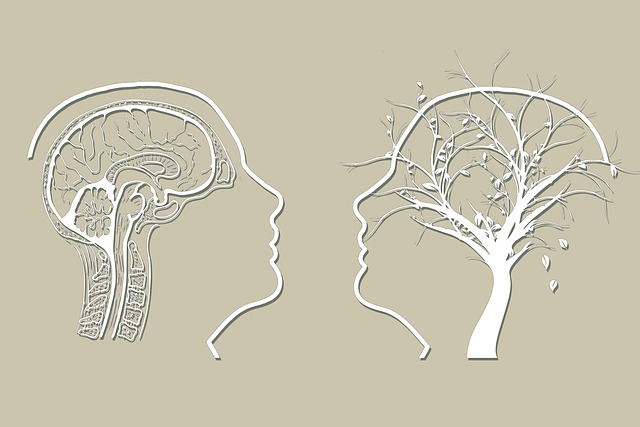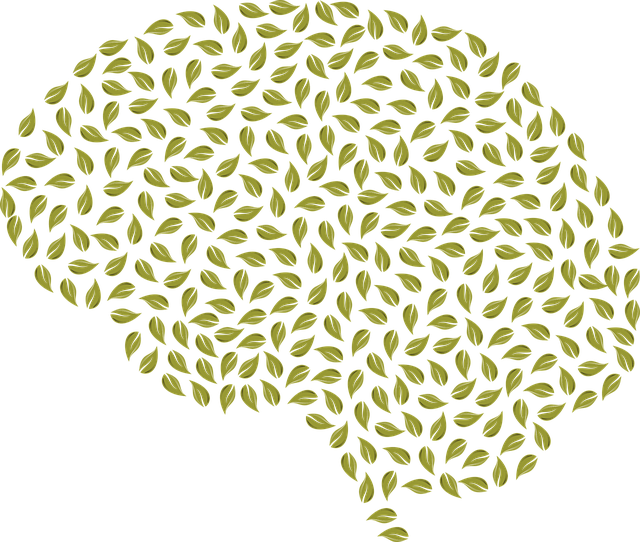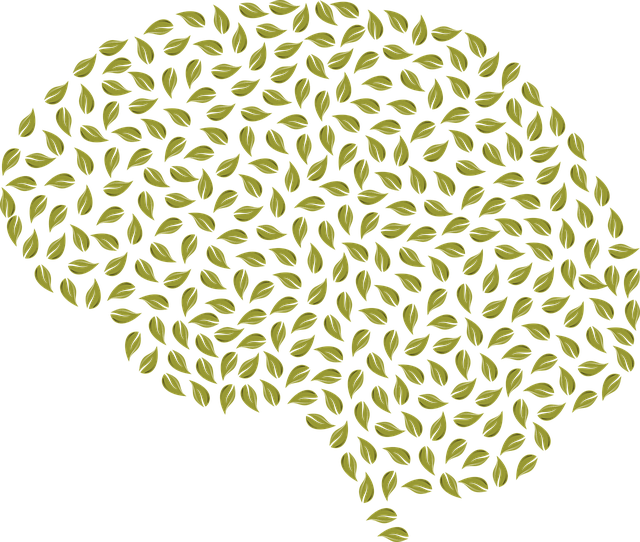After a significant loss, individuals can turn to Lafayette Dissociative Disorder Therapy for specialized support. This therapy addresses trauma-related grief and provides safe spaces for expression, using evidence-based practices and communication strategies. By combining traditional grief counseling with innovative stress reduction techniques, they help clients improve mood regulation, reduce stress, and develop resilience, facilitating adaptation and finding new purpose after loss.
Loss, grief, and bereavement counseling are essential aspects of healing after a significant loss. This comprehensive guide explores these complex emotions, providing insights into understanding and managing them. We delve into the role of counseling in navigating these difficulties, highlighting the unique challenges faced by individuals with dissociative disorders. Lafayette Dissociative Disorder Therapy offers specialized support, addressing specific needs during bereavement, ensuring a more tailored and effective healing process.
- Understanding Loss, Grief, and Bereavement: A Comprehensive Overview
- The Role of Counseling in Navigating Difficulties After Loss
- Lafayette Dissociative Disorder Therapy: Addressing Unique Challenges in Bereavement Counseling
Understanding Loss, Grief, and Bereavement: A Comprehensive Overview

Understanding loss, grief, and bereavement is a complex journey that involves recognizing and processing deep emotional reactions to significant life changes. It’s a natural response to the death or profound loss of someone dear, including pets, partners, family members, or friends. The process of grieving allows individuals to come to terms with their feelings, adapt to life without the presence of their loved one, and eventually find a new sense of purpose.
Lafayette Dissociative Disorder Therapy offers specialized support for those navigating loss, especially in cases where trauma is involved. Trauma Support Services can play a pivotal role in healing by addressing complex emotional responses and providing safe spaces for expression. Mental Health Awareness advocates emphasize the importance of recognizing grief as a unique experience for each individual. Mental Wellness Coaching Programs Development can facilitate this process, helping people develop coping strategies and fostering resilience during challenging times.
The Role of Counseling in Navigating Difficulties After Loss

After a significant loss, individuals often face a myriad of complex emotions and challenges that can be overwhelming to navigate alone. This is where counseling plays a pivotal role in providing a safe space for expression and support. Through professional guidance, those grappling with grief and bereavement can learn effective coping mechanisms tailored to their unique experiences. Counseling offers a structured framework to process grief, helping individuals understand and manage their emotions, and fostering resilience as they adapt to life without their loved one.
For instance, Lafayette Dissociative Disorder Therapy focuses on addressing specific mental health concerns that may arise post-loss. Trained therapists employ evidence-based practices and communication strategies to help clients make sense of their experiences and develop healthy coping habits. The risk assessment for mental health professionals is crucial in ensuring a safe and supportive environment, allowing individuals to explore their grief without further distress. By integrating positive thinking and practical communication techniques, counseling sessions empower those affected by loss to rebuild their lives and find meaning amidst the sorrow.
Lafayette Dissociative Disorder Therapy: Addressing Unique Challenges in Bereavement Counseling

In the context of bereavement counseling, Lafayette Dissociative Disorder Therapy offers a specialized approach to address unique challenges faced by individuals grappling with profound loss. This therapy is particularly tailored for those dealing with dissociative disorders, which can exacerbate emotional distress during periods of grief. By integrating evidence-based practices, therapists help clients manage intense emotions, improve mood regulation, and reduce stress associated with the bereavement process.
Lafayette Dissociative Disorder Therapy focuses on promoting emotional well-being through various techniques. It encourages individuals to explore and express their feelings safely, fostering a sense of stability amidst turbulent emotions. This therapeutic approach combines traditional grief counseling methods with innovative strategies for stress reduction, aiming to help clients navigate their complex emotional landscapes more effectively.
Loss, grief, and bereavement can profoundly impact individuals, but counseling plays a vital role in navigating these challenges. Understanding these complex emotions is essential, as is recognizing the unique needs of those experiencing them. Lafayette Dissociative Disorder Therapy offers specialized support, addressing the intricate dynamics of bereavement counseling. By delving into these topics, we can foster resilience and help folks find solace during difficult times, ensuring they receive the comprehensive care they deserve.












